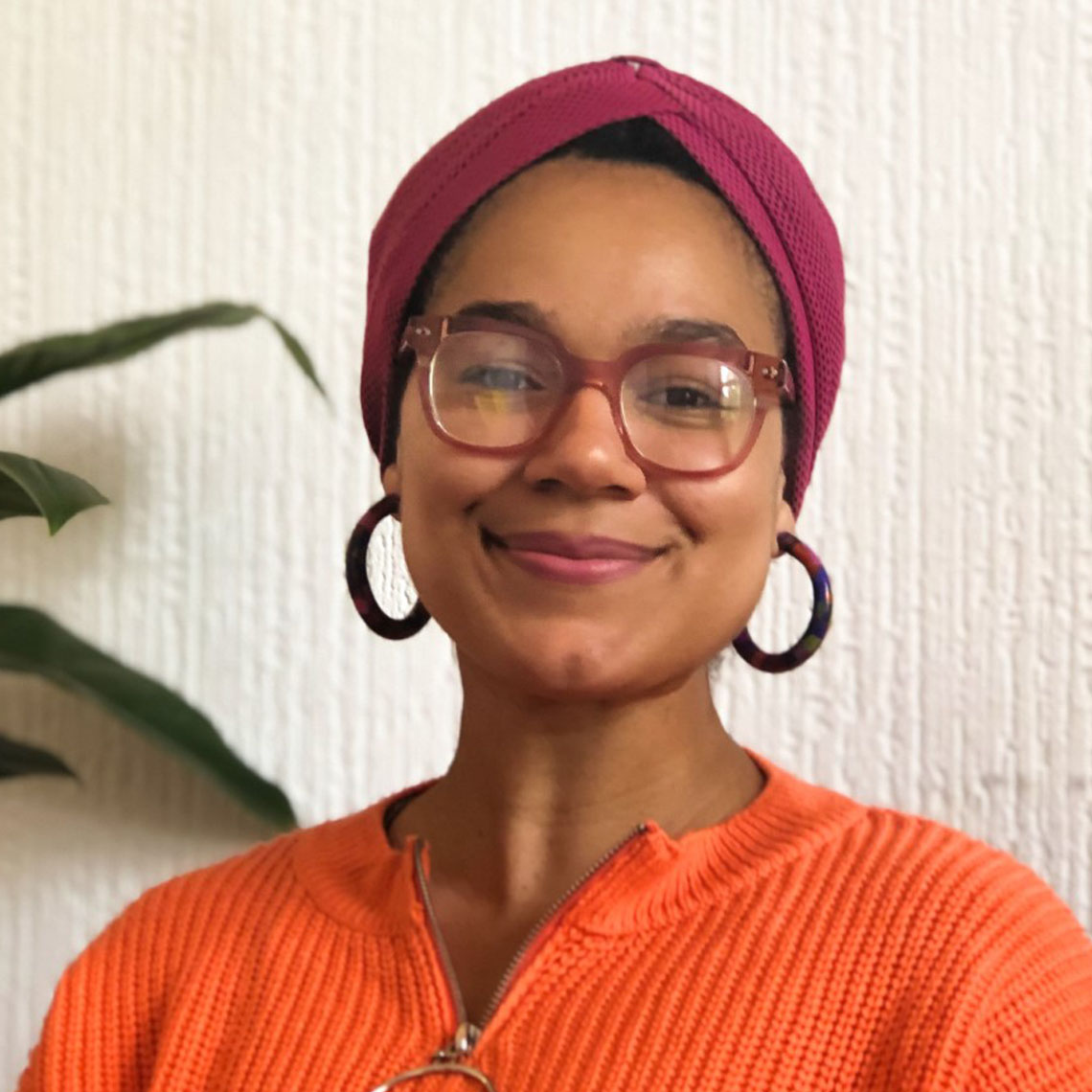In Black History Month, researcher and lecturer Dr Francesca Sobande introduces us to her research into the digital experiences of creative black women in the UK, and how their efforts in online community-building and content creation are often cynically commodified.
Degree: Sociology and Politics, 2013
Current treasured object: Nintendo Switch
Song of the moment: ‘Skylines and Turnstiles’ by My Chemical Romance
The first thing I noticed when I woke up this morning: The sound of the rain outside.
As a black woman who was born in Scotland and lived there for over 20 years, I’m passionate about doing work that deals with both the similarities and differences between the lives of black women in various parts of the UK, particularly within the setting of the devolved nations.
During October’s Black History Month events and activities, there is an increase in vital conversations concerning how the contemporary lives of black people have been shaped by the past, such as the force of colonialism, the transatlantic slave trade, and entrenched anti-black racism that remains rife. But the specific and ongoing experiences of black women are sometimes side-lined.
It was while studying at Edinburgh that I started to do research that addresses issues regarding race, gender, and the lives of black people. A fascinating aspect of this for me has been looking at the media and digital experiences of black women, and the significant impact of their digital creativity on media and cultural production in the UK – because it scarcely involves them receiving adequate credit or sustained institutional and financial support.
I’d like to foreground the digital experiences of these women and acknowledge how their lives are impacted by anti-black racism, sexism, misogyny, classism, and other interconnected forms of oppression.
“Between creativity, community, and commodification”
Through my research, I’ve interviewed black women in the UK, and studied the digital archive of Spare Rib, a second-wave British feminist magazine that was published from 1973 until 1992. One of the prominent themes to emerge is how black women are using digital tools in innovative, collaborative, and cutting-edge ways in YouTube content, digital artefacts, and new platforms and spaces that encourage black creativity and knowledge production. From the creation of podcasts and web-series to the co-founding of new publications, black women in the UK are using digital technology in ways that involve forms of community-building and creative practice that occurs across cities, countries, and even continents.
While I celebrate the creativity and community work of black women, I remain hyper-aware of the pervasiveness of online abuse that is directed at them, as well as the frequency with which their content and labour is being commodified and co-opted by others. So I recognise how digital media and technology can contribute to black women’s creative work while also restricting their experiences and liberationist goals due to structural oppression and racial capitalism.
Although black women are increasingly identified as digital “trendsetters” by businesses, they are also simultaneously erased and hyper-visible as creators, knowledge-producers, and social movement builders. The digital creativity is often exploited by commercial organisations, including brands that attempt to “diversify” their image due to its potential profitability, and opportunistically align themselves with black social justice movements without substantially supporting them.
So the digital lives of some black women in the UK have really come to involve navigating tensions between the potential for them to experience forms of creativity, community, and commodification.
“Black people in Scotland”
My continued work in this area includes a research project with independent researcher layla-roxanne hill that focuses on the lives of black people in Scotland. To help with our research we have created an online questionnaire for black people in Scotland and black people who have lived there before or have an ancestral connection. If you would like to take part, you can access it here: https://blacklivesinscotland.typeform.com/to/YFrnnHSC
Dr Francesca Sobande is a Lecturer in Digital Media Studies at the School of Journalism, Media and Culture (Cardiff University) and an affiliate of the Data Justice Lab. She is director of the BA Media, Journalism and Culture programme and is communications co-chair of the international Race in the Marketplace (RIM) Research Network. She tweets at @chess_ess and more information about her work is available at her personal website.
Her new bookThe Digital Lives of Black Women in Britain, which was published with Palgrave Macmillan in August 2020, charts Britain’s changing landscape of media representation, activism, and digital activity. It examines digital culture’s communal, counter-cultural, and commercial qualities, and accounts for how the lives of black women in Britain are affected by the specific regional and national contexts that they find themselves in.
The book is available in print and as an e-book.
Two open access chapters are available here:



